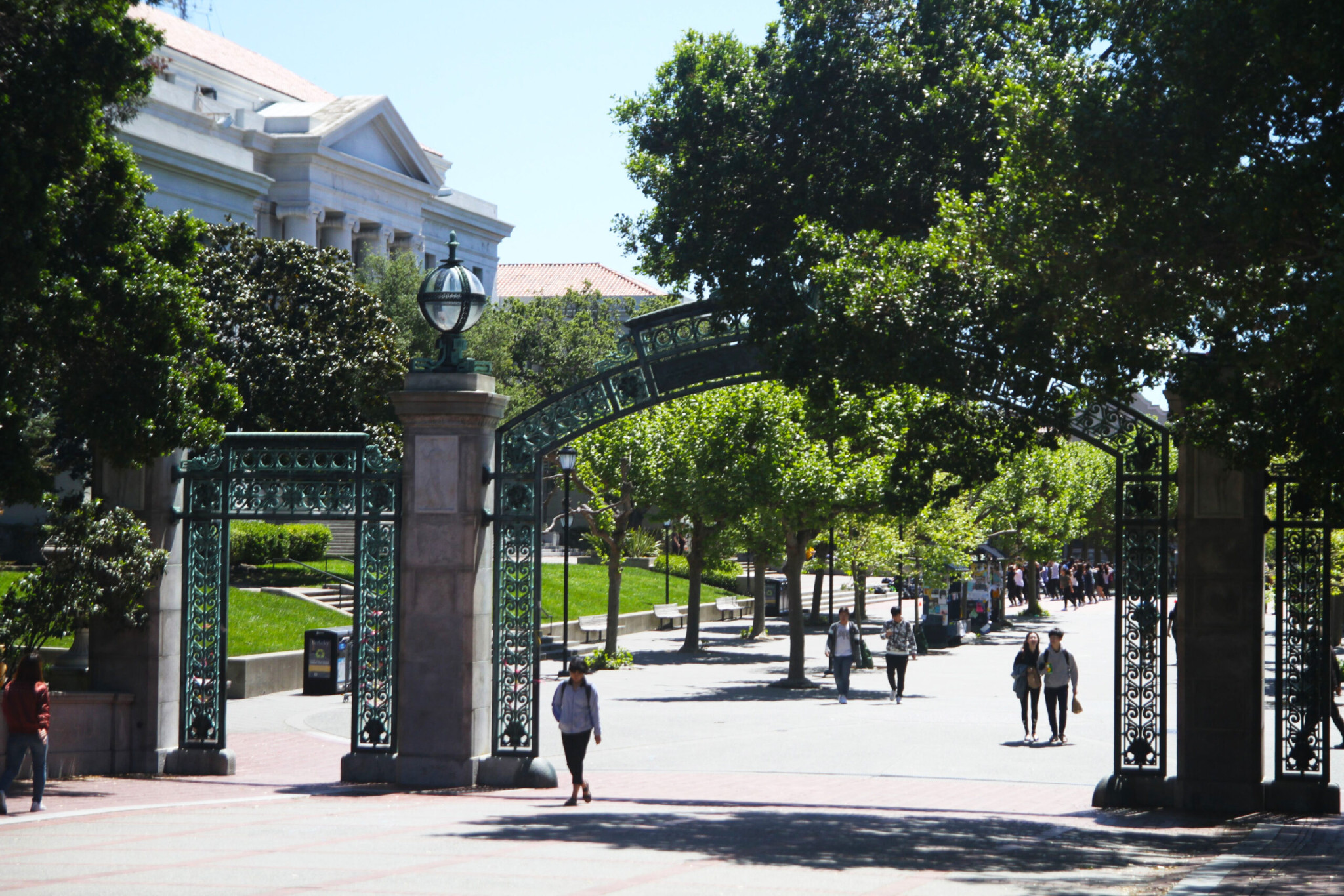As this high school year heads towards its conclusion, juniors and especially seniors are beginning to look towards the next stages of their lives: college. But as we choose where to spend our next four years, a problem looms above us: cost.
According to the College Board, the average tuition of one year at a private college is $34,740 for the 2017-18 school year. When the costs of housing, food, books, and other expenses are factored in, college becomes significantly more expensive. To pay for college, most students take out massive loans from the government, which can leave them in debt for much of their lives.
Many politicians have seized upon the issue that college is too expensive for most people in America. The easy solution to this problem is to make college cheaper, but this solution ignores the real problem with college in America: that it’s necessary in the first place.
Yes, college graduates tend to earn significantly more than non-college graduates, but not because they’re more qualified; students tend to forget most of what they learn in college after a few years. Many studies have come to the same conclusion that adults retain little of what they learned in college, yet students feel incredible pressure to go to college because of credential inflation.
Because of credential inflation, students go to college because they hope to succeed in the job market, even if it doesn’t have many benefits to offer them. The cost of this goes beyond student debt. Spending four years of your life on something you don’t want or need is a massive waste. Free college could solve the first problem, but it won’t solve credential inflation. In fact, by increasing college attendance, free college could increase this issue.
Nevertheless, most public attention remains on free college. Senator Bernie Sanders, who is running for president in 2020, has proposed providing states who offer tuition-free college with half of the funding they need. Senator Elizabeth Warren, who is also running for president, has proposed a plan which goes even further and covers two-thirds of the cost of debt free colleges and cancels almost all existing student debt.
That’s not to say tuition-free college is a bad policy. College should be accessible to everyone, but this issue doesn’t deserve such a central focus. Instead, schools should prioritize helping students put themselves on successful career paths. For example, schools could expand access to vocational education which prepares students for specific careers or employers could be banned from asking about a candidate’s credentials when it’s not necessary for the job.
Credential inflation is a complex issue, and there is no easy way to solve it. Nonetheless, in this day and age, it needs to be addressed so that all students can succeed and be given equal opportunities.





